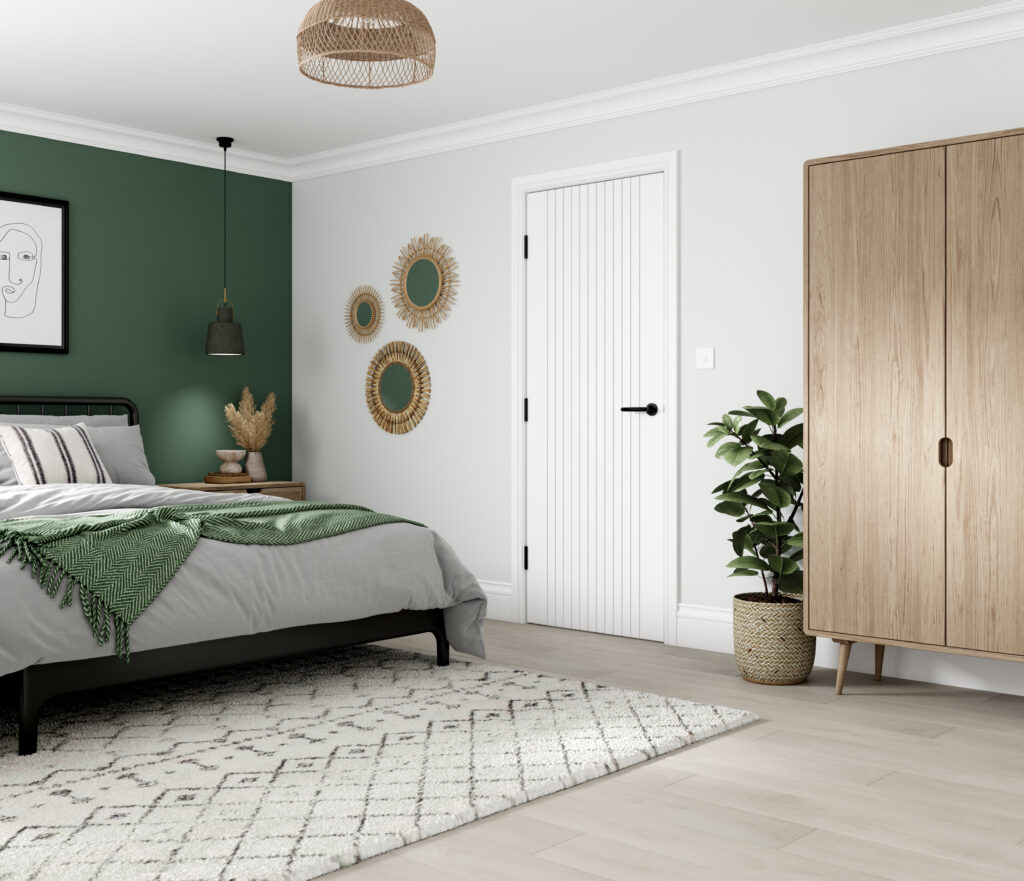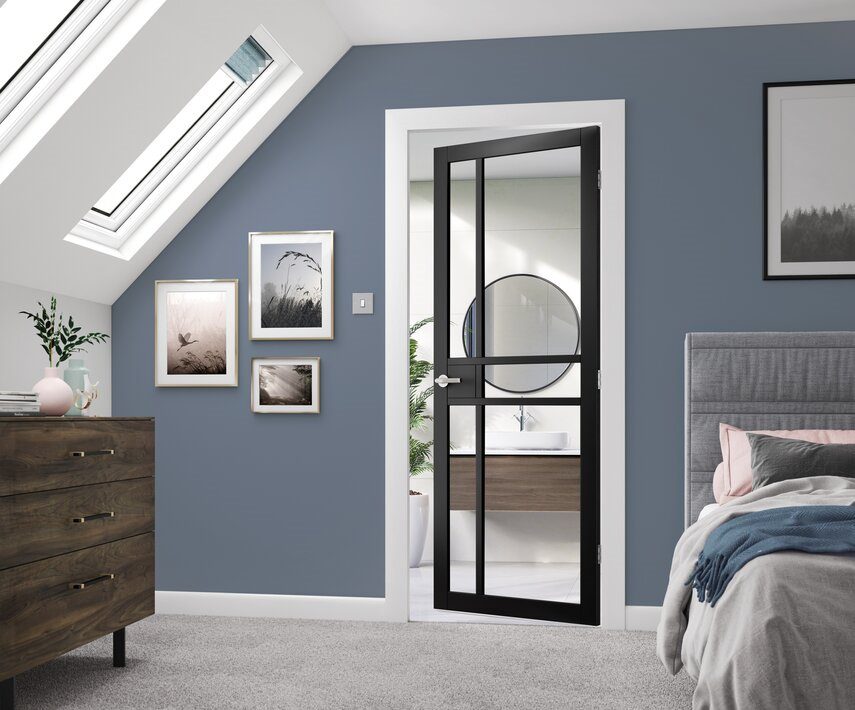Is A Bungalow Loft Conversion Worth It?
Bungalows offer a charm and convenience that appeal to a wide range of homeowners. However, as families grow or lifestyles change, the limited space can prove to be a challenge. Rather than moving to a larger property, many bungalow owners choose to convert the loft into a living area, as a cost-effective way of adding more space. But is it really worth the investment?
In this blog, we’ll explore the benefits, challenges and financial considerations of converting your bungalow loft, helping you to decide whether this home improvement project is the right fit for your needs.

Benefits of adding a bungalow loft conversion
There are a number of benefits to converting the loft in your bungalow.
Maximising unused space
Lofts are frequently overlooked as potential living areas. Converting this space allows you to make the most of the existing footprint of your property, without needing to extend outwards. Loft conversions can often be more cost-effective and less disruptive than an extension, meaning you can add to your living space in a relatively easier way. Plus, lofts are often just used for storage, so turning it into a living space can make it much more practical and valuable.
Flexibility of use
A loft conversion can provide additional bedrooms, a home office, or even a guest suite. This flexibility makes it an ideal solution for growing families or for those who want to increase the functionality of their home without the upheaval of moving. With a loft conversion, you’ll be able to tailor the layout and rooms to your specific needs.
Increasing property value
As well as immediate benefits to your daily routine, a bungalow loft conversion can also significantly boost the market value of your home. Additional living space will often be a highly attractive feature for potential buyers, especially in areas where space is at a premium. The added square footage and efficient use of space can make your property stand out in a competitive market.
Retaining garden space
One of the key advantages of a loft conversion over another type of extension is that you won’t encroach on your garden. This can be particularly appealing for bungalows that have limited outdoor space, as you’ll be able to preserve your garden for relaxation and outdoor activities without sacrificing your garden area.
Potential challenges of a bungalow loft conversion
Whilst a bungalow loft conversion can bring many benefits, there are also some potential challenges to consider before taking on the project.
Structural limitations
Bungalows will often be built with a slightly different structural framework than multi-storey homes. This can mean that additional reinforcements, such as steel beams, load bearing walls or strengthened floor joists could be necessary to support a new living space. You’ll need to understand the existing structure and its capacity to handle a conversion and be aware that there may be added complexity and cost to the project.
Roof height and pitch issues
One of the most common obstacles to building a loft conversion in a bungalow is the height and angle of the roof. If the roof is too low, there may be a limit on how much functional space can be created. In some cases, it may be necessary to raise the roof or adapt the design to include dormer windows or a hip-to-gable extension to gain extra headroom.
Planning permission and building regulations
Generally, a loft conversion will not require planning permission and can be built under permitted development. However, this will depend on factors such as the size of the extension and how it affects the overall look of the property. Bungalows in conservation areas or listed buildings may face more stringent planning restrictions.
Even if planning permission is not required, your project will still need to comply with building regulations to ensure the work is structurally sound, safe and energy efficient.
Disruption during the project
Whilst a loft conversion is typically less disruptive than some other types of extension, it can still create a certain amount of noise and mess. If your project requires major structural work, you may even need to vacate the home for a period of time. It’s important to consider the potential inconvenience a loft conversion could cause for you during the project, and plan accordingly to minimise disruption to your daily life.

Financial considerations for a bungalow loft conversion
Before you commit to a bungalow loft conversion, it’s important to weigh the financial aspects to ensure it’s a sound investment for your home and lifestyle.
Cost of a bungalow loft conversion vs other extensions
A loft conversion for your bungalow will typically be more cost-effective than other types of extensions, such as a ground floor or two-storey addition. As you’re working within an existing structure, you won’t need new foundations, which can significantly reduce costs.
However, the total expense will depend on how complex your conversion is, whether any work is needed on the roof and if any structural reinforcements are necessary. Even with these factors, a loft conversion can sometimes be more affordable than extending outwards, so it’s worth getting as much information as possible to compare costs.
Return on investment
A well-designed and built loft conversion can add considerable value to your bungalow, often providing a strong return on investment. In many cases, the increase in property value will exceed the cost of the project, making it a financially sound decision, particularly in areas with high property demand. Buyers are often attracted to homes with additional living space, which could make your property more desirable.
However, if your aim is to increase the property value, you should ensure you weigh up the costs of the project with how much value it is likely to add. You can look at similar sizes of property in your area to see how much they are being sold for, and make sure you know how complex, and therefore, how expensive, your loft conversion will be.
Comparison with the cost of moving to a larger property
If you’re converting your bungalow’s loft to get additional living space, it’s important to factor in the costs that would be involved with moving to a larger property. Often, a loft conversion will be the cheaper option, as you’ll avoid costs such as estate agent fees, stamp duty, legal costs and other moving expenses, which can add up quickly.
In many cases, a loft conversion is a more affordable and less stressful way to gain extra space, without the upheaval of relocating. Additionally, staying in your current home allows you to retain sentimental value and the benefits of your existing location, which might be more difficult to find elsewhere. However, you should still take some time to calculate moving costs and compare against the cost of your project, to ensure you are choosing the right option.JB Kind has a huge range of interior doors in a variety of styles, perfect for your bungalow loft conversion. Download our brochure or contact us to find out more.

